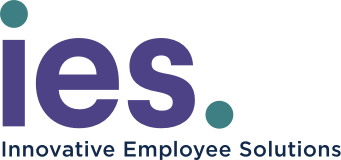Blog
Discover the world of work
Explore new insights about compliant hiring and talent management
Blog, Business, Employer Best Practice, Human Resource Management, Recruiters and Staffing, Workforce
Gen Z in the Workplace: 6 Strategies to Improve Recruitment Efforts
Generation Z has always been a force to reckon with, but now they’re coming of age and joining the workforce. And as thousands of Baby Boomers reach retirement age each day,...

IES newsletter



